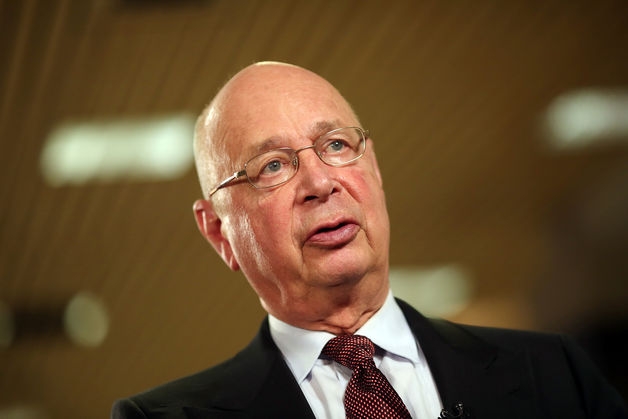
It’s that time of the year when world leaders, top business executives and campaigners gather in Davos, Switzerland under the umbrella of the World Economic Forum (WEF), an independent international organization committed to improving the state of the world by mobilizing leaders of various spheres to shape global, regional and industry agendas.
Scheduled to run from Wednesday, 21st January to Saturday, 24th January, the 2015 annual meeting is expected to zoom in on current global challenges with a view to developing effective resolutions and proving some form of thought leadership and consensus. Themes for this year’s edition will likely include:
Falling Oil Prices: The oil price saga may, very well, take center stage at the summit as its effects have affected, either in a positive or negative way, practically every country on earth today. With job cuts spreading from region to region as oil firms struggle to keep afloat, the panelists are sure to have a rich discussion around this theme.
Political Instability & Extremism: France recently came under terrorist attacks, and several world leaders gathered to reiterate what can be termed a regional stance against such extremist actions. This campaign will likely continue at Davos this week, especially after Nigeria’s Boko Haram also executed its most deadly killings around the same period.
Russia: This may be an extension of the discussion around political instability, but will likely be treated as a separate theme due to the present chaotic state of the Russian economy owing to dwindling oil prices. Its face out with Ukraine is also expected to be discussed in depth.
Climate Change: As a global phenomenon with effects spanning both developing and developed regions in sectors like agriculture and aviation, climate change may almost take the same position as the crashing oil prices. Former U.S Vice President Al Gore who described this phenomenon as “the biggest challenge our civilization faces” is expected to speak extensively on the subject including how governments and businesses should respond to it.
Pandemics: Ebola, though slowing down, is still ravaging the economies of Liberia, Sierra Leone and Guinea today. Experts including Kofi Anan, former secretary general of the UN, and Margaret Chan, Director General of the World Health Organization (WHO) are expected to discuss lessons learnt from the saga.
Technology & Cyber-Security: 2014 was, in many ways, the year of hacking as major tech companies including Apple & Sony were infiltrated. Also, terrorists have, according to U.S President Obama, become very good with social networking; this may be setting a new trend where technology is increasingly leveraged for sinister purposes. Sir Tim Berners-Lee, the inventor of the World Wide Web (WWW), Eric Schmidt of Google, Sheryl Sandberg of Facebook and Satya Nadella of Microsoft will be expected to discuss the future of the global economy during the summit.
Inequality: The gap between the rich and poor continues to increase, and community-based organization Oxfam International says almost half of the world’s wealth is now owned by just 1 percent of the population while the bottom half of the world’s population owns the same as the richest 85 people in the world. Winnie Byanyima of Oxfam International and Bill and Melinda Gates will be treating the world to a stimulating discussion on this theme.
By Emmanuel Iruobe




